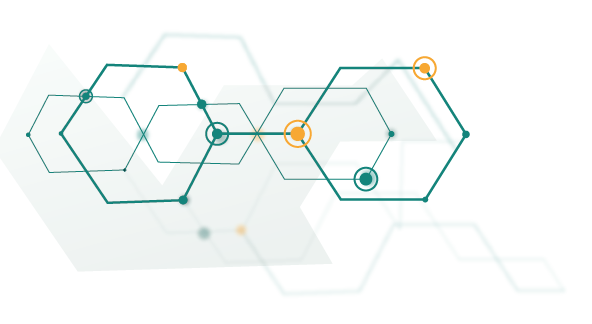Sessions in: Teaching STS
H.1 The many faces of Futures Literacy
Christian Dayé1, Carmen Sippl2, Karin Tengler2
1: Graz University of Technology, Austria; 2: University College of Teacher Education Lower Austria, Austria
For more than ten years now, UNESCO has promoted the development of Futures Literacy as an intellectual capacity required to address the challenges that humanity faces. Defined as “the competency that allows people to better understand the role of the future in what they see and do,” (cf. https://www.unesco.org/en/futures-literacy, visited on 9 Nov 2023), Futures Literacy has been framed as a decisive factor in the socio-technical transformation that humanity faces towards sustainable ways of life on this planet. Due to its alleged importance, term and idea of Futures Literacy gained the interest of many groups, ranging from futurists to educators and from politicians to designers.
As a consequence, Futures Literacy has been given many different faces. Initially conceived to counter the methodological conviction that trend-searching and scenario-building are the most helpful tools in thinking about the future (Miller 2006, 2007), the concept of Futures Literacy meanwhile is polysemous to a degree that it is safer to see it as an umbrella term, not a clear-cut analytical concept. Scientific studies used psychological scales to measure Futures Literacy of individuals (e.g., Boer et al. 2018; Dayé, Prunč, and Hofmann-Wellenhof 2023). Teachers have sought for ways to foster amongst children an interest in thinking about the future that goes beyond the images they receive from media (e.g.., Sippl, Brandhofer, and Rauscher 2023), in part by using methods and approaches from futures studies in science education. And Futures Literacy has also triggered changes in educational policies: to take just one example, the newest nation-wide university development plan in Austria pushes Futures Literacy as a core competency to be conveyed in the tertiary education system.
To be sure, fuzzy and polysemous concepts can be a fruitful resource in the search for knowledge. This, however, requires that from time to time, people using the concept in various ways come together to seek for similarities and dissimilarities and reflect on the trajectory of the concept without the need to defend theirs as the only “true” understanding of the term. The proposed session aims for doing exactly this. It seeks to assemble people from all stripes who use the term Futures Literacy in their work and to have them engage in a reflection about the social life of the concept, its past, its trajectories, its potentials, and its futures. In line with the conference theme, the session also questions the relation between the issues and ideas that are discussed in Futures Literacy and those of Science and Technology Studies.
The session seeks to combine two types of contributions: either presentations of experiments or empirical studies on Futures Literacy or broader (theoretical, methodological, or philosophical) reflections on and critiques of the concept, on the social networks that assemble around it, or on the unintended consequences of having it used as a guiding concept in various fields of knowledge politics. Presentations will be short (max. 10 minutes) in order to allow for enough room for common discussion and work.

